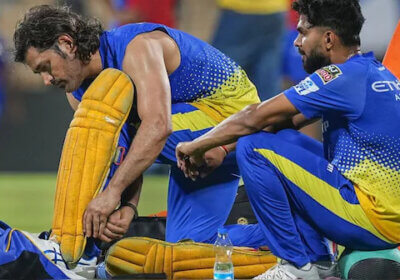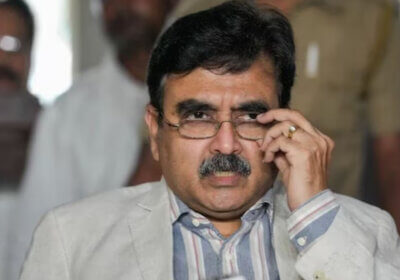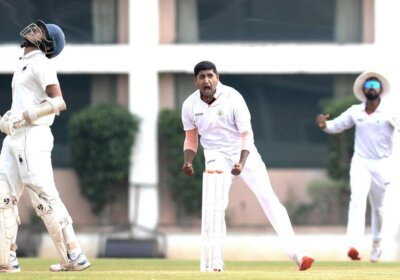The Centre has established a committee to investigate the concept of “one nation, one election” and submit a report, a significant step forward. Ram Nath Kovind, a former president, will chair the panel. The special Parliamentary session, scheduled for September 18-22, is expected to introduce a bill on “one nation, one election.”
The 2014 Lok Sabha Election Manifesto commits the BJP to develop a strategy for holding elections simultaneously, aiming to stabilize state governments, lower election costs, and revise expenditure caps. It marks the first of its kind in the nine years of Prime Minister Narendra Modi’s government.
The Centre created a panel to discuss “One Nation, One Election”
One-nation, one-election would, however, require a constitutional amendment, which would then need to get introduced in state assemblies.
The former president will serve as the panel’s chairman
The Centre created a committee to investigate the idea of “one nation, one election” and submit a report, which is a significant step forward. Ram Nath Kovind, a former president, will serve as the panel’s chairman.
ALSO READ | INDIA Bloc Mumbai Meet: Plan For 2024 And Unveiling Of The Logo
A special Parliamentary session
The action occurred one day after the Centre announced that the Parliament would meet in a special session from September 18 to 22. A bill on “one nation, one election” remains rumored to get introduced during the session since the unexpected announcement, but no official from the administration is confirming this as of yet.
“One Nation, One Election”
“One Nation, One Election” refers to the nationwide holding of the Lok Sabha and state assembly elections simultaneously. The BJP talked about the matter numerous times, and Prime Minister Narendra Modi included it in the party’s platform for the 2014 Lok Sabha elections.
Parallel elections were traditional until 1967
In India, holding elections in parallel was customary until 1967; four elections occurred in this manner. The practice became abandoned after some state assemblies seemed prematurely dissolved in 1968–1969. In 1971, the Lok Sabha also fell apart for the first time a year early, and mid-term elections arrived.
BJP’s 2014 Lok Sabha Election Manifesto
The BJP committed to developing a strategy for conducting Assembly and Lok Sabha elections simultaneously in its 2014 Lok Sabha Election Manifesto.
According to page 14 of the manifesto, “The BJP pledged to start electoral changes to get rid of criminals. The BJP will look to develop a strategy for holding the Assembly and Lok Sabha elections simultaneously through conversation with other parties. It will stabilize State Governments and lower election costs for political parties and the government. We’ll also consider realistically revising the expenditure caps.
About the special session of Parliament
The special session of Parliament will be the first of its kind in the nine years of the government led by Prime Minister Narendra Modi. On June 30, 2017, the Lok Sabha and Rajya Sabha held a joint sitting to commemorate the midnight launch of the GST.
With both Houses meeting as they do during regular sessions, it will be a full-fledged five-day session this time.























Leave a Reply